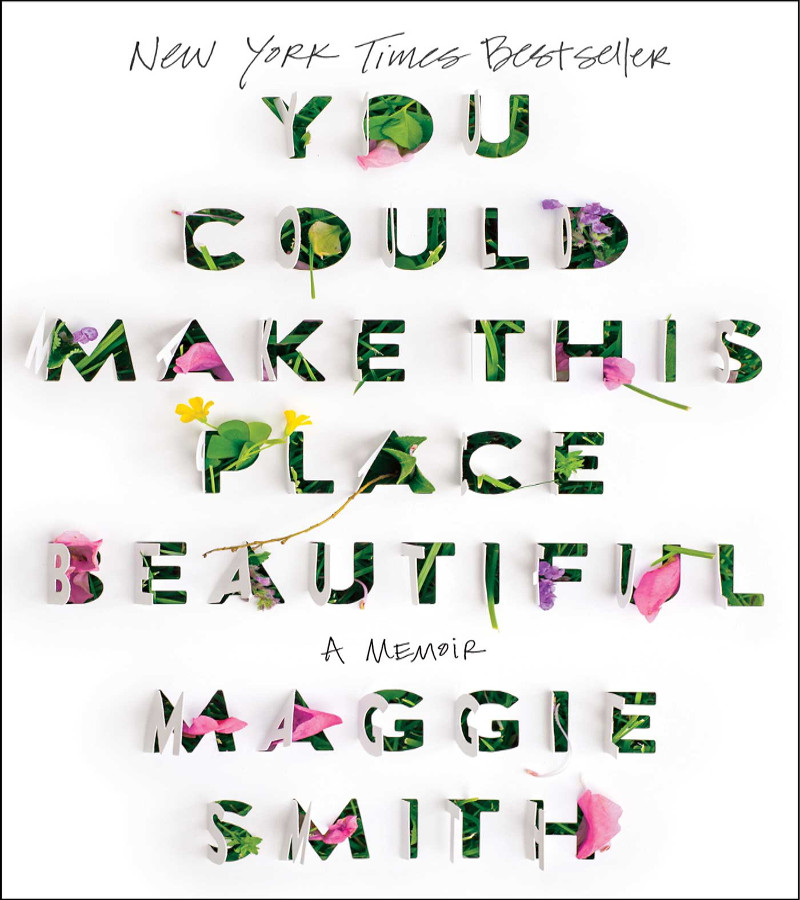It was a quick trip to the library. My husband needed a read and I was along for the ride. I’m never one to give up a glance around the new books and a memoir by Maggie Smith caught my eye. Oooh, Maggie Smith! Miss Jean Brody, Downton Abbey, Dame of the British Empire. I was smitten and brought the book home. Imagine my surprise when I realized it wasn’t THAT Maggie Smith. Turns out there is a well known (to most but not me) American poet Maggie Smith and this is her memoir about the unravelling of her marriage, her love for her children, and her finding her way in her redefined life.
The title is taken from the last line of her best-known poem, Good Bones. It is a short, free verse poem about disillusionment and sadness, yet with a glimmer of hopefulness. These qualities are also evident throughout this memoir. In sharing her story, the author repeatedly points out two key things. First, this is her side of the telling of the events. She does not attempt to explain or understand what her husband was experiencing. Second, there are parts she is very clear about not sharing. In the prologue Smith explains, “This isn’t a tell-all.” She doesn’t want to speak for her children by putting qualifiers to their emotions and perceptions. This is her story. Her experience.
Smith tells how she discovered her husband’s infidelity, how they struggled through marriage counselling, how he minimalized and resented her work, how they separated and suffered a dragged-out divorce. It is gripping. Her anger and sorrow are palpable, her concern for her children is fierce, and her stumbling into some form of acceptance is an uneasy resolution. She is faced with the on-going quandary of wondering when the crisis will end, when will “it” be over. “For the first time in my life, there is an opening in the time line, an opening not labelled with a man’s name, like the white space between stanzas in a poem. There are blessings inside every curse.”
The structure of this book uses many short chapters, even singular sentence chapters that are simply quotes from favoured writers and poets. She uses repetitive chapter titles, which add a sense of cohesiveness. For example, there are twelve chapters called “A friend says every book begins with an unanswerable question”, each consisting of a brief open-ended question. Smith frequently addresses the ‘reader’ directly, like a movie actor turning to the camera to speak directly to the audience. The variety of these techniques made the read more interesting for me. I wasn’t just following along a description of events, but also gaining insight to the author’s inner thoughts. Warts and all.
Surprisingly, I found much of the story relevant to me, despite the fact that I have been married for 40 years and have not experienced this kind of betrayal. Yet, all of our lives change, our relationships with family, with friends and acquaintances change, our shared experiences become historical memories. And I think it is those experiences the author puts into words so eloquently that made this book so relatable. “The thing about this life: If we knew nothing of what was missing, what has been removed, it would look full and beautiful.”












